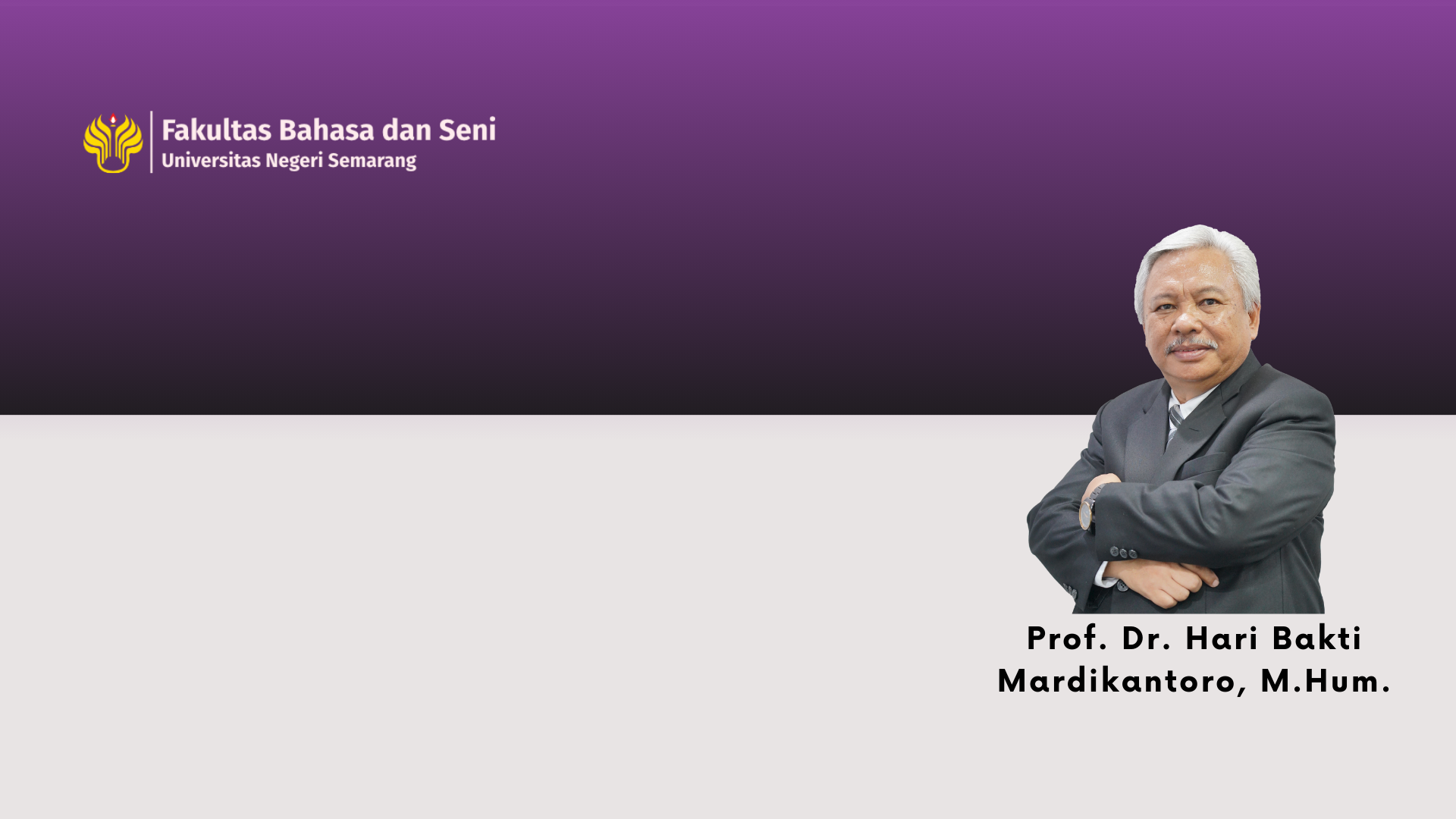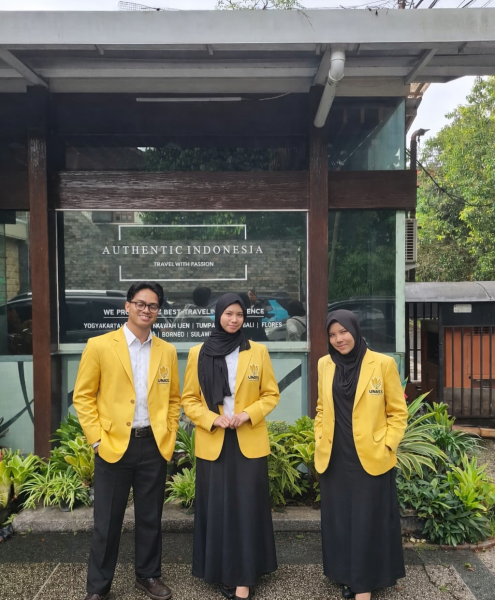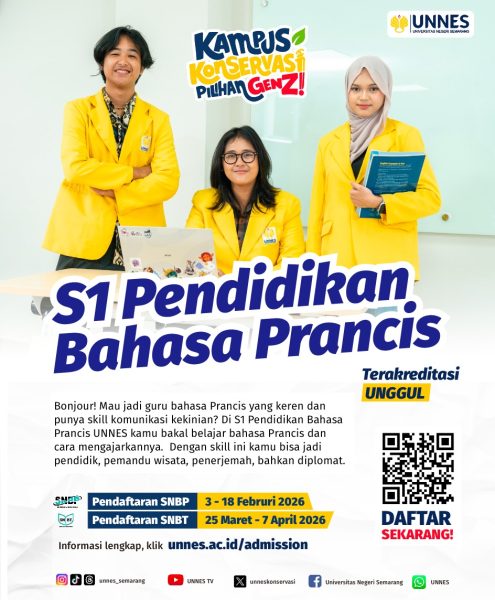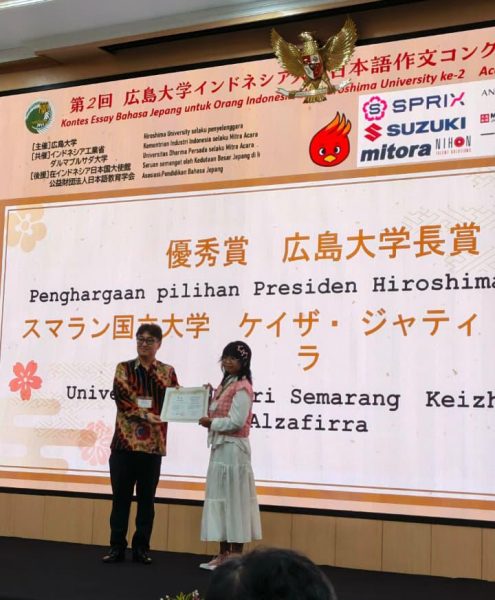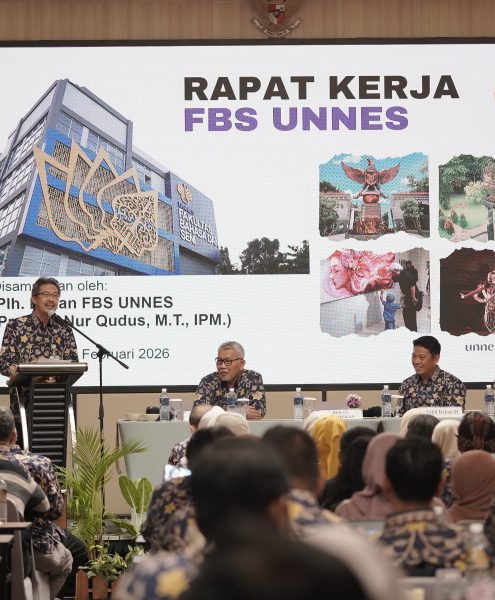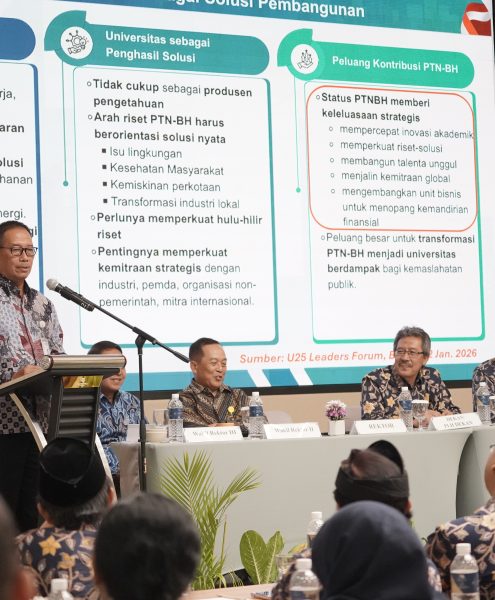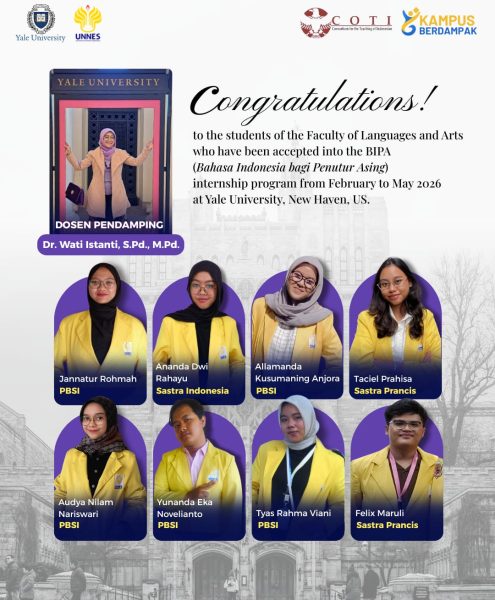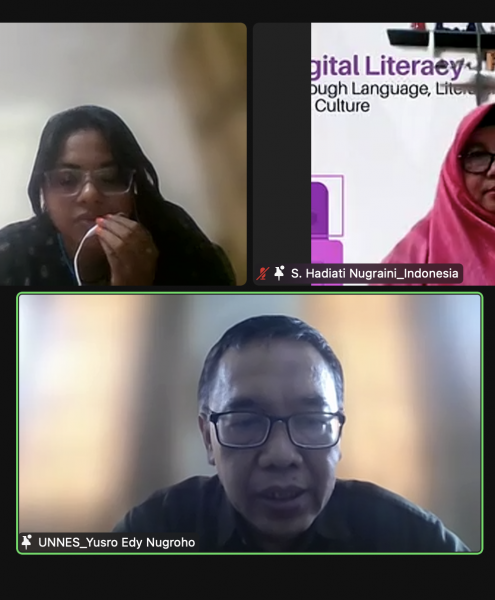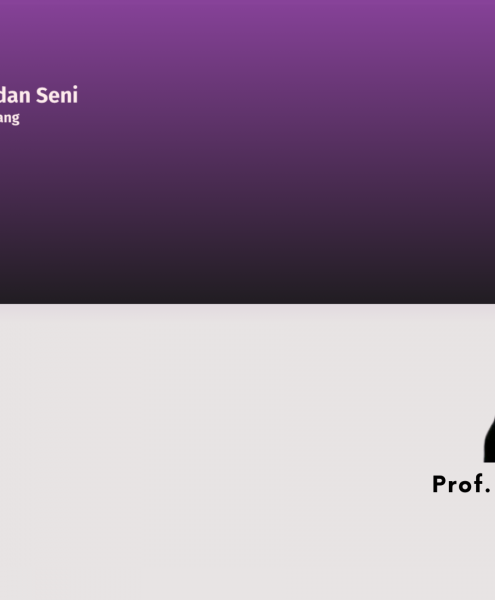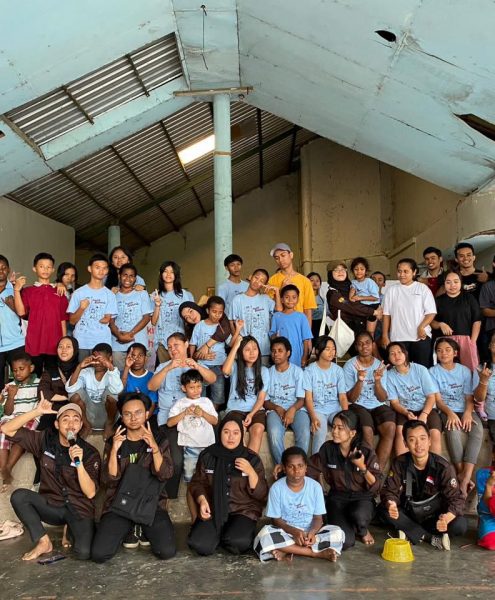Prof Dr Hari Bakti Mardikantoro was confirmed as a professor of sociolinguistics at the Faculty of Languages and Arts, Universitas Negeri Semarang, Wednesday, 18 October 2023. At the Open Academic Senate Meeting (Rapat Senat Akademik Terbuka) at Universitas Negeri Semarang, Prof Hari delivered a speech, “Maintaining Regional Languages in Indonesia (Building Dialectics in Language Conservation)”.
As an academic involved in languages, Prof. Hari is concerned about the increasing number of regional languages that are being displaced from use and on the verge of becoming extinct. According to Prof. Hari, this is a common concern because the region contains the nation’s noble and invaluable cultural values.
Universitas Negeri Semarang has declared itself a conservation-oriented university. As a result of Prof. Hari’s research and thoughts in efforts to maintain regional languages in Indonesia, Prof. Hari hopes to make a positive contribution as a university citizen with a conservation perspective.
In his inauguration speech, Prof. Hari explained that in the reality of language, language cannot be separated from the social and cultural factors of the people who speak it. Furthermore, Prof. Hari explained that the relationship between language and ethnicity has become a topic of discussion that has attracted the attention of linguistic experts in sociolinguistics. According to Prof. Hari, the language problem is a symbol of ethnicity and language loyalty, which comes down to the problem of human attitudes towards their language.
The man, born in Magelang on 26 July 1967, has done much research, especially in Sociolinguistics and Critical Discourse Studies. The latest research in 2023 was regarding diglossia in bilingual communities in Central Java. The results of this research show that the phenomenon of language use in Central Java falls into the category of good diglossia. However, looking at the reality of millennials who no longer use Javanese as their mother tongue. If this happens continuously over several generations, the Javanese language may begin to shift.
According to Hari, the leading cause of language shift is bilingualism. Language maintenance cannot be separated from language shift. These two linguistic phenomena are interrelated. Prof. Hari concluded that regarding the shift and maintenance of a language, there is an undeniable fact, namely that there are languages that speakers of all ages still use. Some languages are only used by the older generation and have been abandoned by children and teenagers. Some languages are only used by a few older people, and most speakers are no longer proficient in using them. Furthermore, Prof. Hari explained the stages of language shift.
Prof. Hari also said that industrialisation is often seen as the leading cause of the shift or extinction of a language. Therefore, there must be strategic efforts to maintain language. For languages with critical/severe status and threatened with death, a maintenance strategy through revitalisation needs to be taken. In contrast, a revitalisation strategy is required for languages categorised as eroded and stable but threatened. Prof. Hari said that language shift and maintenance occurred due to language choice. Language choices exist in speech communities due to speakers mastering more than one language (bilingualism or multilingualism). (Winarsih/Student Staff FBS UNNES/*)

